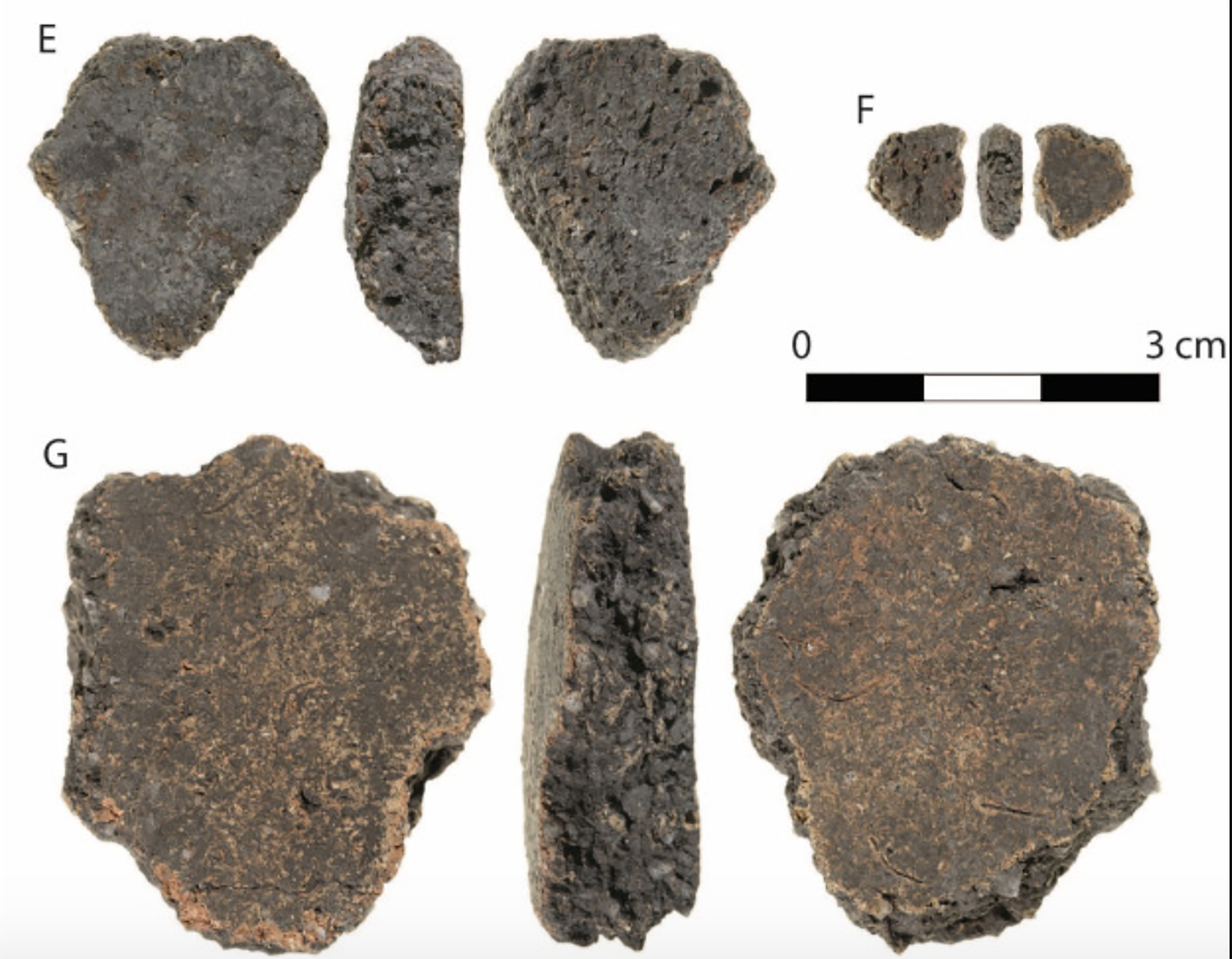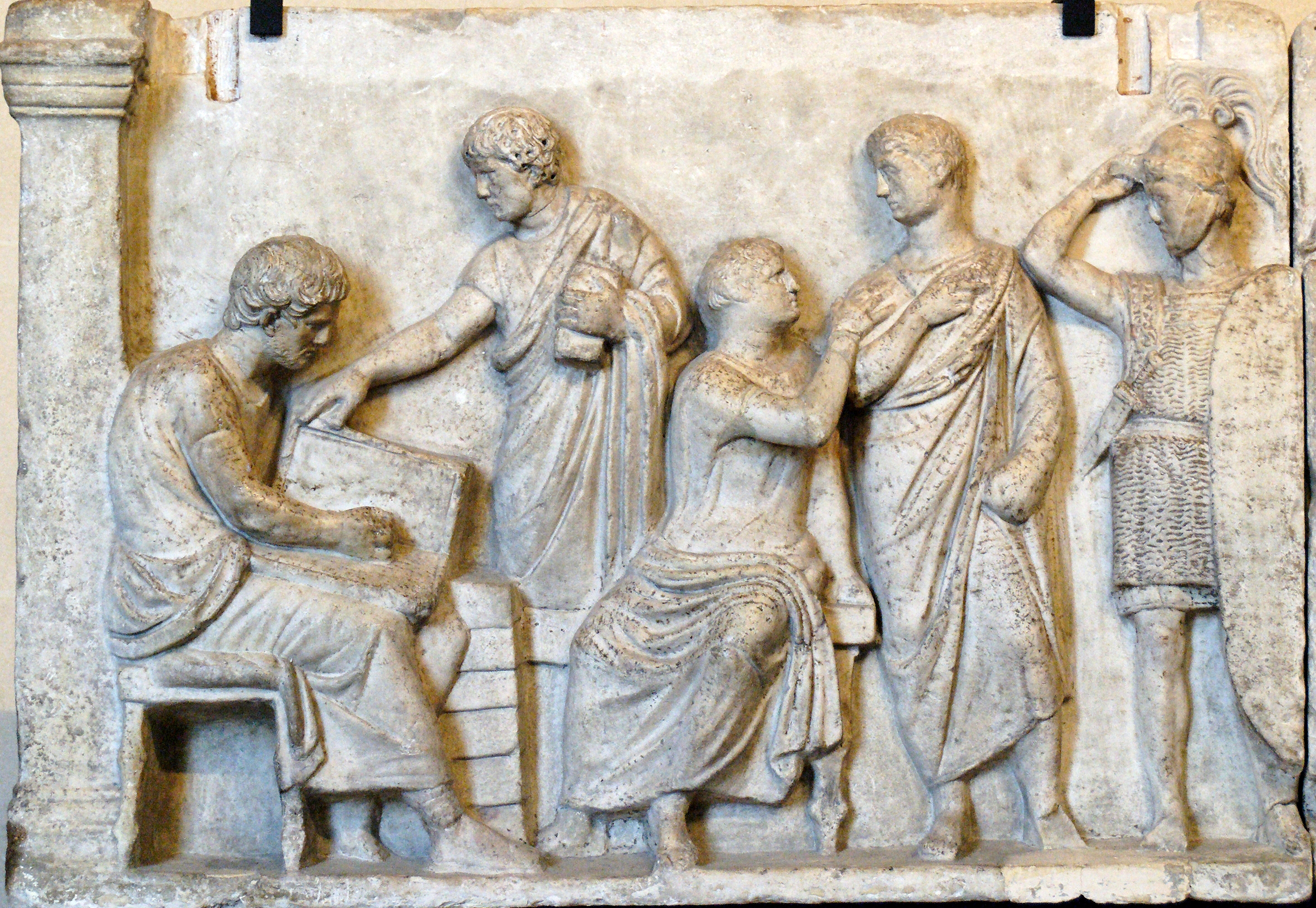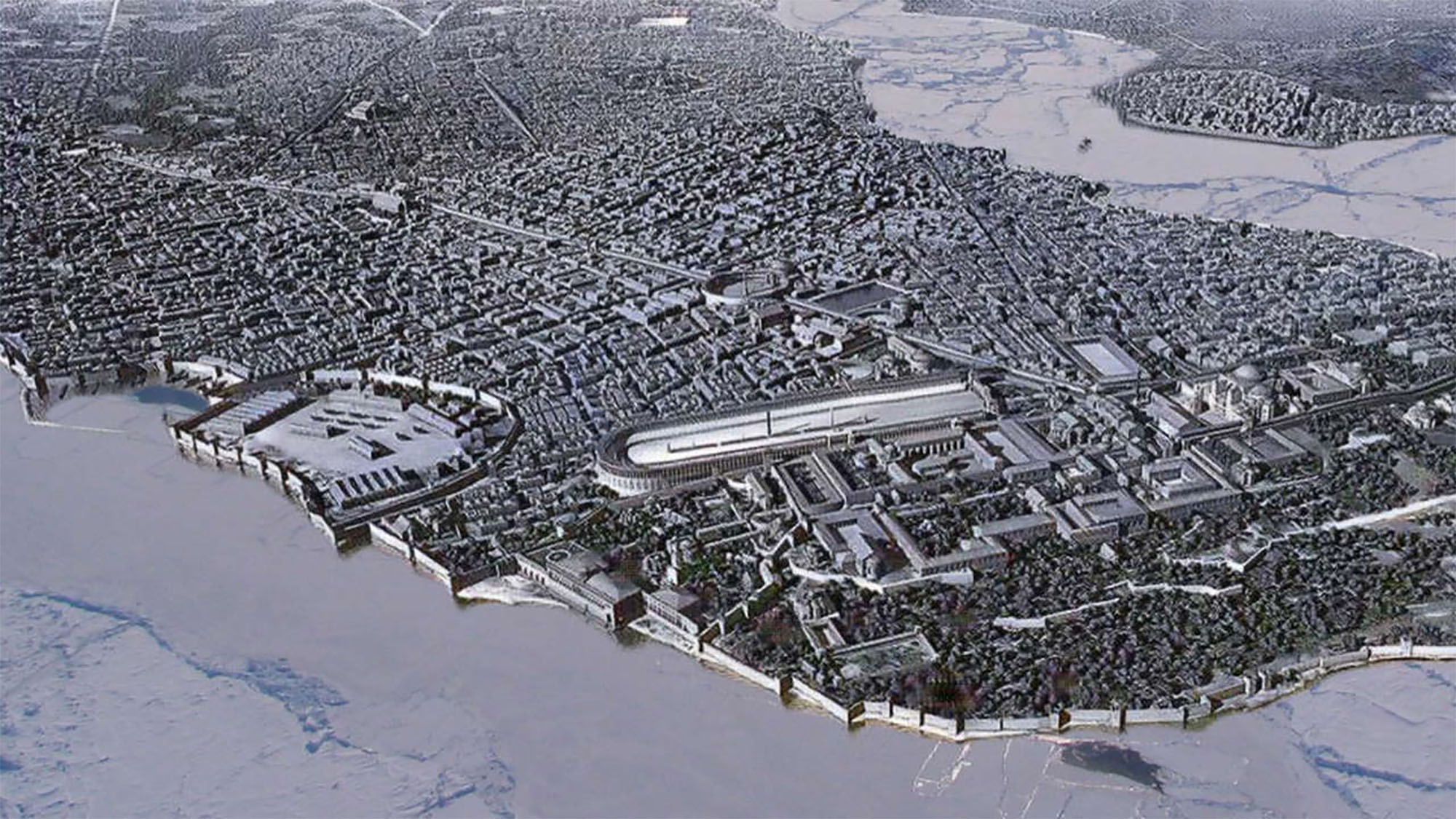Europe Summit and China Revenge

The Industrial Revolution was one of the key moments in human history, as was the Neolithic Revolution, which definitely changed our destiny. This process, in the mid-eighteenth century, liberated the economic and social forces that had been chained up until then. For example, despite the low growth of the world ' s population for centuries and centuries, the last 200 years have increased to eight times.
The causes of this revolution have been one of the most important issues in historiography. It appeared that at that time the scientific-technical development of China, Japan and the Islamic world was similar to that of Europe. So why did the Industrial Revolution occur in Europe? And above all, why in England? Classical Eurocentric explanations have indicated that the process was conditioned by cultural and political reasons. For example, they focus on European free organisations against Asian despotic regimes or on the work ethics of Protestant Christians. Factors such as entrepreneurship, individual freedom and the strengthening of private property. On the contrary, critical authors such as Marks have highlighted other factors such as the predominance of the British Empire in the Atlantic maritime trade or the ability to buy cheap cotton in the American colonies through a slave labor force. And also a simple chance. Deforestation caused a shortage of wood in Britain. It was therefore replaced by an easily accessible coal in underground mines. Coal has more caloric power than wood, so they were better at starting the machines or working iron.
The fact is that, as a result, Europe gained advantages and economic dominance. In the following years, the Western powers took over the world. That is, capitalism germinated modern imperialism. In the 19th century the Chinese Empire did not want to sign any harmful trade agreement with the European powers. This attitude triggered the Opium wars. Britain sent the Nemesis steam to China, a modern iron boat with state-of-the-art guns. This industrial technology crushed the Chinese wooden boats, known as Juno, and the imperialists easily won the war. This forced China to sign a humiliating treaty that forced it to open its seaports and facilitate trade for Europeans. Since then, the economic situation in China has become dependent and semi-colonial.
But in recent years things have changed. Since World War II, the Chinese economy has undergone enormous development. Consequently, it has overcome the ditch that opened up in the era of imperialism and is being imposed on the West, if it has no longer adopted it. We could say that, to some extent, the parenthesis that the Industrial Revolution created in the world is lagging behind.
Members of the James Cook University and the Research Council of Australia have discovered ceramic fragments from 2,000-3,000 years ago on the island of Jiigurru in northwestern Australia. These are the oldest ceramic remains discovered so far in Australia. The geological study... [+]
Rome, a.C. 443. Censors were elected for the first time. Two centuries later it would be the most important magistrature of the Republic. Every five years, they chose two censors among consular senators.
It was a position of great responsibility: they were primarily responsible... [+]
Chronicler Theophanes Declarante stated that winter 763-764 was one of the coldest in history. Snow and ice occupied the Byzantine capital and also saw an iceberg in Bosforón.
Climate cooling has been considered to be due, among other factors, to the lack of volcanic activity... [+]
Toledo, 1272-1280. Alfonso X of Castile gathered 427 monomedical songs dedicated to the Virgin. The Cantigas de Santa Maria constitute one of the most important musical and literary collections of the Middle Ages, but being decorated with the miniature cantiga, these... [+]











